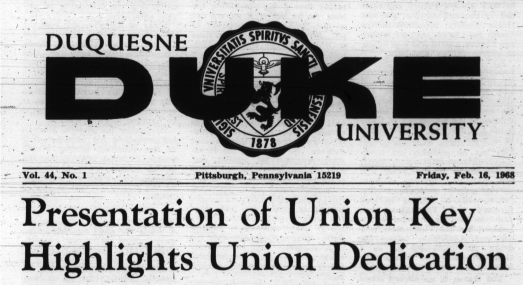09/17/2020
Zoe Stratos | Staff Columnist
In American culture, a long history of racism and underrepresentation in all aspects of life is there to be uncovered and talked about — and reality TV is no exception. In shows such as CBS’s Big Brother and MTV’s The Challenge, reality TV is rightfully facing a racial reckoning amid the Black Lives Matter movement.
In 1992, MTV aired the very first reality TV show called The Real World. Though criticized for tokenizing a variety of minorities, The Real World intentionally selected these individuals to give them a voice and a platform unprecedented in TV history.
Moreover, the show was a social experiment: what would happen if eight strangers representing different races, sexual orientations, religious and political beliefs were forced to live together for an extended period of time?
With cameras recording housemates at all times, viewers were able to see unscripted interactions between these people for the first time. Despite constant surveillance, housemates spoke their minds as if cameras weren’t present. These moments revealed The Real World’s fair share of prejudiced housemates.
In the first season, The Real World: New York, housemate Kevin Powell engaged in an argument with housemate Julie Gentry that became an important conversation about black stereotypes and racism.
Later in the tenth season of the show, Back to New York, housemates Coral Smith and Nicole Mitsch tried educating housemate Mike Mizanin on African American culture.
On the surface, MTV’s The Real World spawned an entire genre dedicated to depicting different forms of reality, whether it be dating, competition or just the drama of celebrity life.
Despite their attempt at giving minorities a platform, reality TV arguably regressed further into a lack of representation, going as far as casting severely racist contestants — yes, even in 2020.
According to a study done by Iowa State University, 90% of reality TV contestants are usually Caucasian and skinny. Production includes a token minority or two to keep viewers from complaining. It’s like a sad attempt at saying, “yes, we’re diverse!” With a name like “reality TV,” shouldn’t shows want to include a plethora of ethnic backgrounds to represent real life?
One of the most scrutinized shows to date, CBS’s Big Brother, has been receiving backlash since the show’s beginning.
Similar to The Real World, Big Brother locks a (predominantly white) group in a 24-hour surveillanced house where they must participate in games each week to eventually evict a houseguest at the end of the week.
The most important difference between The Real World and Big Brother is that viewers are able to watch the live feeds all day long, instead of exclusively the edited episodes that are aired on TV.
Racism has long plagued the Big Brother house, but in the show’s 21st season in 2019, the problems commenced in the first episode. During a twist, houseguest Jackson Michie nominated three — rather than the usual two — houseguests for eviction. All three were racial minorities, and all three were evicted within the next few episodes.
Not only were the racial minorities outcasts from the get-go, many of the house guests voiced a steady stream of racist comments throughout the 21st season’s live feeds — none of which conveniently made it to the edited episodes.
Bangladeshi-American housemate, Ovi Kabir, was described as a “brown flame.” Chinese-American houseguest, Isabella Wang, became paranoid, so another houseguest claimed, “the proof is in the pudding,” while another houseguest added, “the rice pudding,” — a clear race descriptor.
Racism in season 21 became so severe that two of the houseguests apologized during the live finale episode.
More recently, MTV’s The Challenge — a spin off from The Real World competition show — faced harsh criticism for its lack of action taken against certain racist cast members. On the 35th season, which aired during the height of the BLM protests, a cast member sent out offensive tweets and comments about the movement.
On June 4, Dee Nguyen tweeted, “Idk why some of u think I’m anti BLM. I’ve been saying that since the day I lost my virginity,” also commenting on an Instagram post about George Floyd stating that “people die every f—king day.”
After Nguyen’s comments, MTV released a statement on social media and before each episode of The Challenge there after:
“As a result of Dee Nguyen’s offensive comments on the Black Lives Matter movement, we have severed ties with her. Out of respect for our Challengers, we’ll air our season as planned. We strongly condemn systemic racism and stand with those raising their voices against injustice.”
However, other cast members such as Jordan Wiseley and Rogan O’Connor have both made racist comments in the past, but still retain a contract with Bunim/Murray Productions. However, neither appeared on the reunion show later in July.
The problem with both of these shows, and many others, is the production’s attempts at protecting certain cast member’s images while condemning others’. There’s no excusing the cast members’ actions, they should know better.
These shows are entertaining, I watch them myself, but with a little more effort, they can truly reflect reality while also stifling bigotry and racism.


